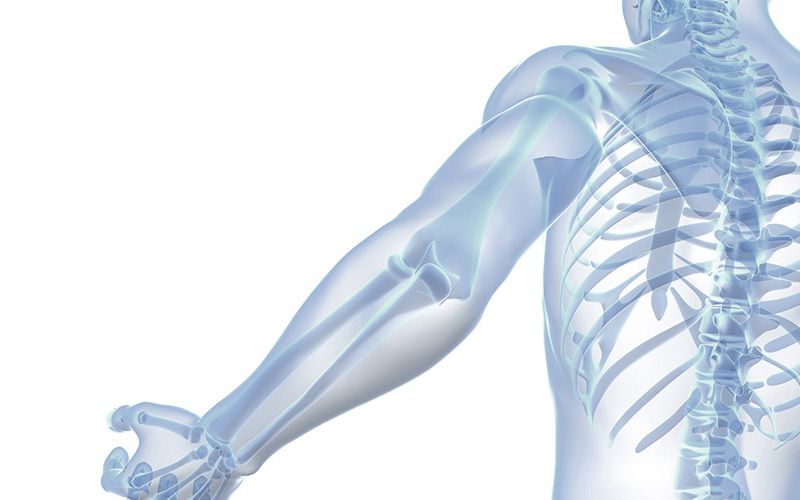Drug therapy
(pharmaceutical, herbal)
For the treatment of pain there is effective medication (both classic and herbal) available nowadays. The intensity and the type of pain determine the remedy and dosage.
For the treatment of pain there is effective medication (both classic and herbal) available nowadays. The intensity and the type of pain determine the remedy and dosage.
In medicinal pain therapy especially, analgesics play a crucial role. These substances can reduce or suppress the sensation of pain without having a narcotizing effect. Due to the mechanism on the effect, two groups of analgesics are distinguished.
The light- to moderate-acting classic painkillers mainly have an impact in the peripheral tissue and prevent the sensitization of the pain receptor (nociceptor).
The moderate- to strong-acting classic painkillers, however, have an impact in the central nervous system and can alleviate or stop the pain.
Other medications which might support the pain therapy are, among others, antidepressants, anti-epileptics, bisphosphonates, and glucocorticoids. They either influence the pain or the disease in a positive way.
The remedies and dosage (e.g. pills or pain relief patch) which should be used for a pain patient must be decided individually.
Various medicinal plants can be used for pain. Patients with chronically inflammatory joint pain, for example, sometimes have to take pharmaceutical medication to manage or deal with the pain. But Mother Nature offers alternatives, for example, to deal with acute pain. Many patients are able to control their pain in a better way without being dependent on strong medication, thanks to the supporting use of medicinal plants and a proper diet. Furthermore, drug consumption can be reduced and thus improve the tolerability of drugs of the Western medicine.













